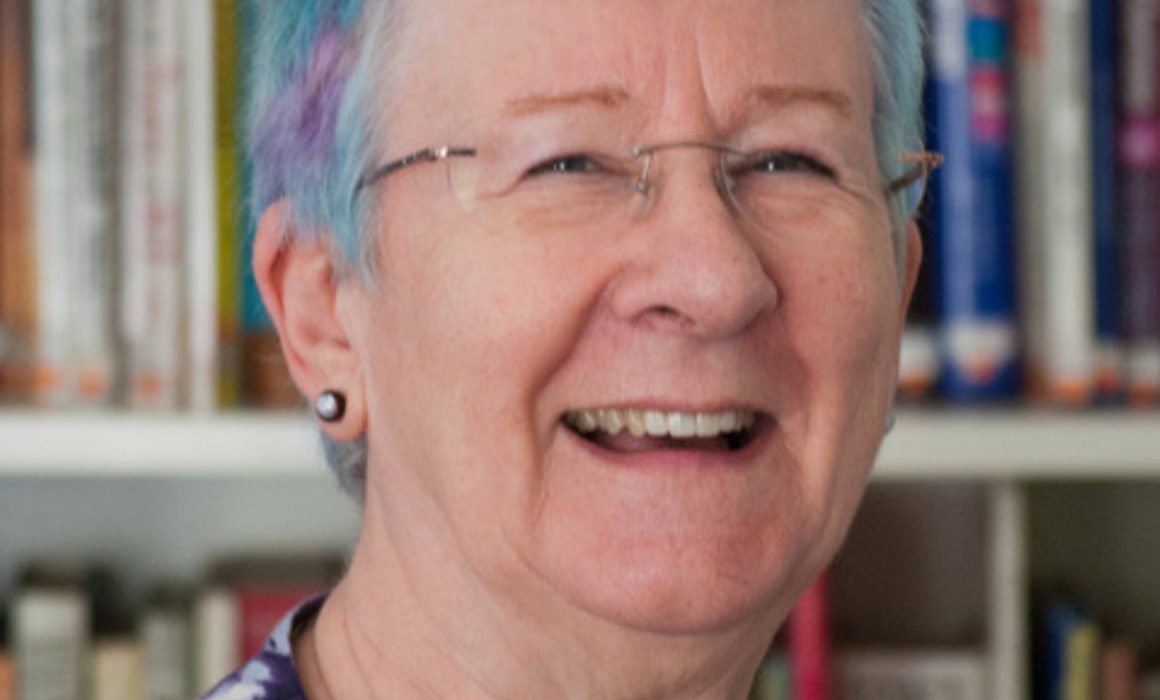The coaching agreement according to Julie Hay
A key element at the beginning of a coaching relationship that the ICF lists in its second Key Competency is "Creating the coaching agreement" with the client.
Coaching agreement
In English, the term "contract" is used, which conveys more clearly the prior and formal nature of this space, in which joint responsibility is assumed to work towards a joint goal. We talk about what the client wants to achieve and what the coach can offer, before, if both agree, starting the process.
In her book "Transactional Analysis for Coaches and Mentors", Sherwood Publishing (2011), Prof. Julie Hay identifies three levels of "contracting", which apply to the creation of the coaching agreement for the process, with the client and also with other stakeholders involved in the process, e.g. the client's immediate boss or the HR department hiring the coach:
- Procedural Level: the administrative and logistical aspects of the coaching relationship, such as location and frequency of sessions, format, fees and payment methods, cancellation policies, data protection policy, etc.
- Professional Level: desired outcomes of coaching, indicators of success for all parties, boundaries of the coaching relationship (what is coaching and what is not), how to manage confidentiality, roles and responsibilities of coach and client, professional competencies provided by the coach, etc.
- Psychological Level: this level refers to openly discussing how to be aware of and manage possible dynamics in the coaching relationship that could unconsciously interfere with the process, from either side. For example, the risk that the client puts the coach on a pedestal, that the coach might act as a "parent" to the client, of reaching a level of excessive comfort that does not benefit the process, expectations (expressed or not) of the immediate boss, or how coaching is perceived in the company.
When Coach Supervision explores a coaching relationship that does not have the desired effectiveness or there is other dissatisfaction with the coaching by the client or sponsor, it is often due to a lack of clarity and expectation management in the engagement phase.
Perhaps the obstacles related to the procedural and professional level are easier to identify and therefore to correct, even if it is for the next time, for example a lack of clarity on what and how to report on the progress of the coaching. But looking at the psychological level illuminates the more invisible and often provides important clues to unblock "undefined discomfort".
Including Julie Hay's third level when designing the relationship or alliance with the client allows to avoid certain difficulties or, if they arise, to address and resolve them with the client.
Generic questions about the type of relationship the client wants to create with his coach ("What do you need to make this relationship work? What is important to you in this relationship?", ...) can sometimes be difficult to answer and result in generic answers ("Sincerity", "Challenge", ...). To make them meaningful we must explore a little more what the client wants to say. These questions suggested by Julia Hay - direct, specific, curious, courageous and systemic - can be useful:
- In what ways might we unconsciously sabotage our relationship? For example, by being too nice to each other, getting into a parent-child or competitive dynamic, etc.
- What previous coaching or mentoring experiences might influence this new relationship? How can we ensure that we do not bring previous expectations into this dynamic?
- What ground rules could we agree on so that all parties have clarity on how to bring any future problems to the table in a way that ensures the other person will listen?
- How can we restore trust if, despite our best intentions, something goes wrong in our relationship?
- Is there anything else we need to share at this time? Have we been as open as possible about any fears or concerns, however vague and ambiguous?
Having this honest and grounded conversation about the ground rules, the behaviors we want to promote in the coaching relationship, and the trends or influences to watch out for, is a vital element to the effectiveness and satisfaction of the coaching process.
More information about Prof. Julie Hay's work is available at www.juliehay.org.
FREE WEBINAR
"How to become certified with ICF on your own".
Many coaches ask me what are the steps and requirements to get certified by ICF, so I have organized a free webinar, so that I can clarify your doubts.
It will be on November 29, at 6:00 pm.
Recommended for trained coaches who want to take the step to obtain the ACC or PCC accreditation with ICF.
UPCOMING WORKSHOPS FOR COACHES
New groups are open for the Mentor Coaching Group Online Workshop are now open, to develop your coaching and prepare for the ICF exam.
I have also launched a Supervision Group to work on real cases of the participants' practice.



